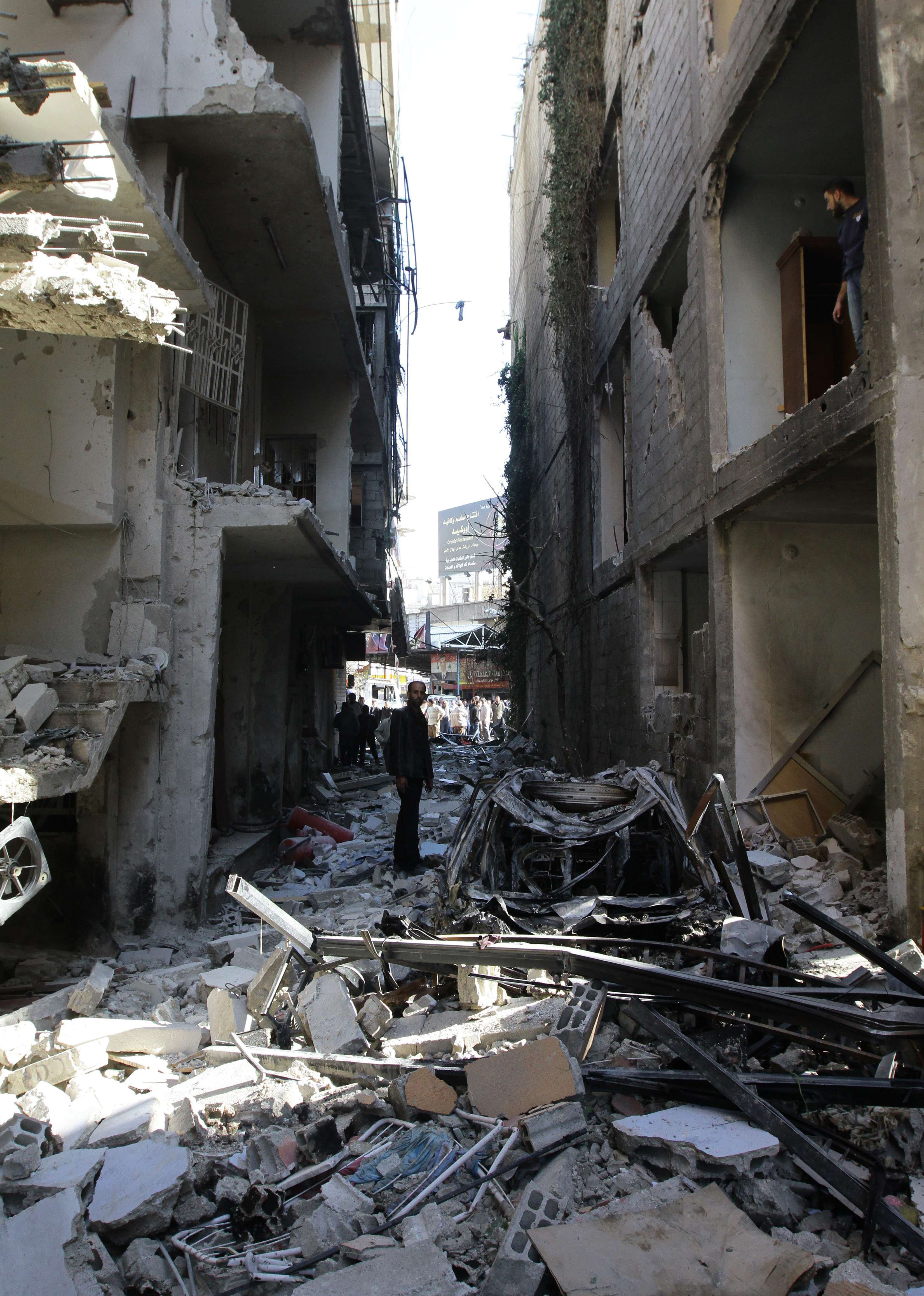CAIRO: While there is no official safety manual for acts of terrorism, there are now ways to be prepared; to expect the unexpected and act accordingly.
Safety and security agencies around the globe are doing their best to put together all the possible signs of impending terrorist attacks and all the steps people need to go through just in case an attack follows through. Basic emergency drills always come in handy.
According to England’s domestic security agency, MI5, there are a number of ways to deter terrorist acts. Furthermore, should one be caught up in a terrorist incident, there are ways to minimize the impact.
Egypt, still marred by political instability despite ongoing reform, continues to have a problem with bombers. Whether in the form of vehicle bombs, suicide bombers, or simple threats, it’s a significant problem – Dahab, Sharm El-Sheikh and Taba have all suffered from similar attacks in the past 18 months.
If you think that you may be the target of a vehicle bombing or are worried that it is a possibility, there are certain things you can do. According to the MI5 report, procedure include familiarizing yourself with the exits and the layout of the venue or building you are in; read and rehearse bomb threat and evacuation drills; report a suspicious-looking vehicle or person to security; keep on hand the telephone numbers for hospitals and police in your area.
For hotels and resort staff, the report suggests identifying one individual in charge for security, showing police the layout of your building, limiting vehicle access and parking restrictions minimize the possibility of vehicle bombings. Doors or access ways to areas such as boiler rooms, mailrooms, computer areas and switchboards should remain locked when not in use.
Trash or dumpsite areas should remain free of debris. A bomb or device can easily be concealed in the trash.
Protective measures to take against the-more-difficult-to-detect suicide bombings include avoiding mass crowds or areas and persons that may be considered a “good target by bombers. While people cannot live their lives in fear of an attack, should you feel that a venue, person or event might need tight security, make sure it has it.
According to Sarah El Tatawy, a resident physician at Abou El Rish hospital, a person should always carry a first aid kit and know the basics of CPR (cardiopulmonary resuscitation).
“A first aid kit is important because it can prevent further damage from occurring, such as bleeding, says El Tatawy. First aid kits are readily available in pharmacies and hospitals, she adds.
“CPR is something everyone should know and be certified in [trainings are available in many hospitals and some medical and community service centers]. It’s considered an emergency intervention because it really does save lives, she says.
While CPR and first aid may not be the life saving devices when it comes to bombings, El Tatawy believes that they assist in minimizing the impact of such an incident.
“What’s the problem with being prepared? she says.
“It’s also important to carry with you the basic medicines when traveling, regardless of where you’re going, says El Tatawy, who travels with a bag full of the basic painkillers and antibiotics. “It’s good to take precautions. In a case of an emergency, you are prepared.
Even in the case of phone threat, although the majority turn out to be hoaxes, be prepared. Expect to be temporarily frozen in a state of shock. That’s only normal, according to MI5.
In order to best deal with a bomb threat, do the following: Stay calm and listen to what the person is telling you on the phone; obtain as much information as possible, try to get the caller to be precise about the location and timing of the alleged bomb and try to establish whom they represent.
